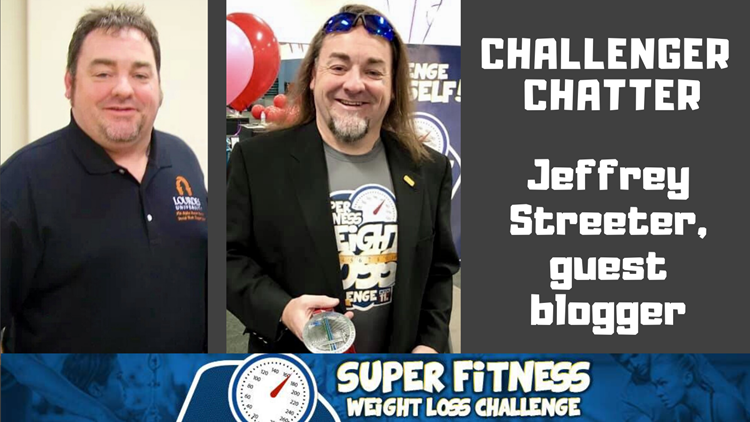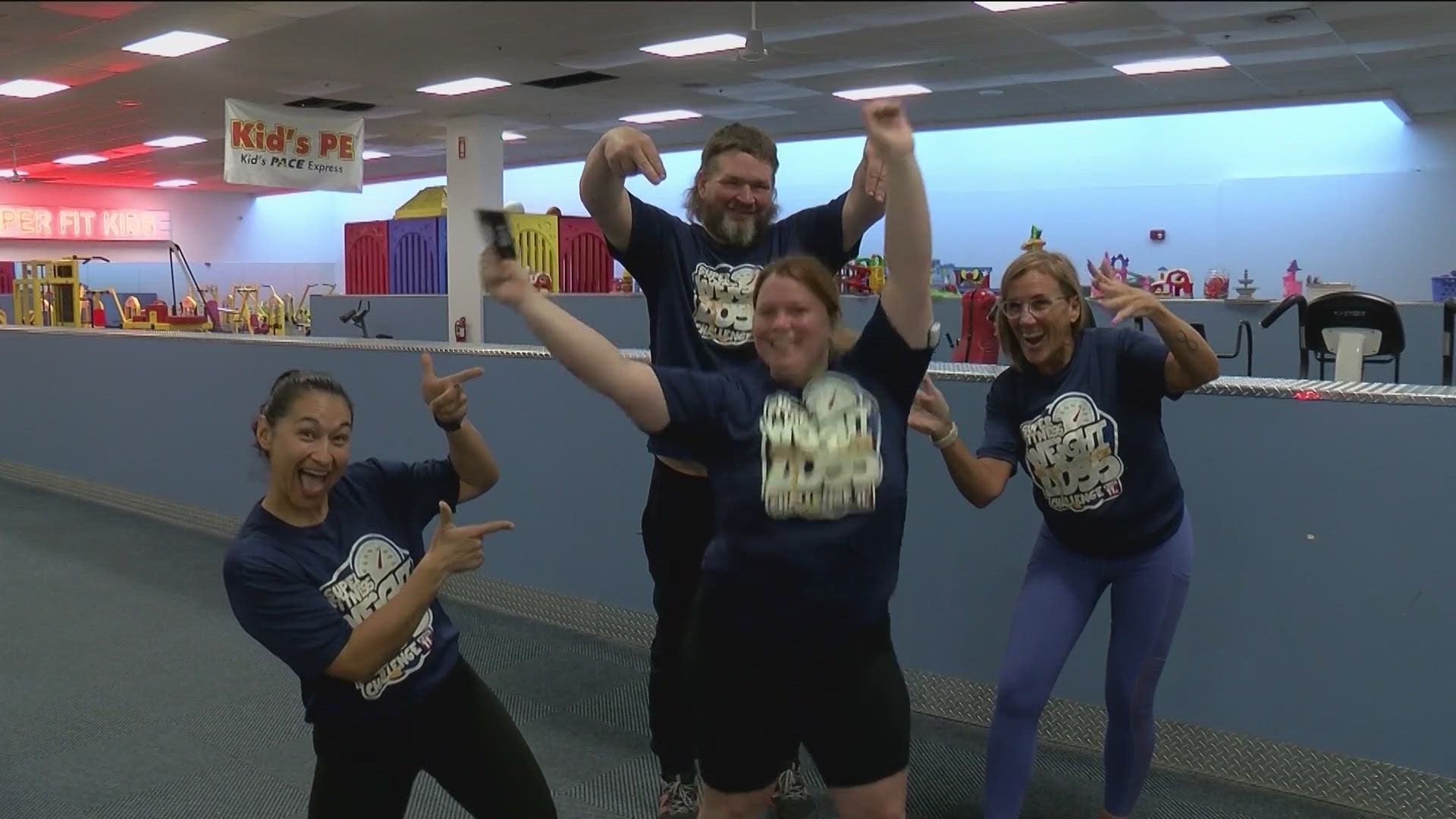TOLEDO, Ohio — One of the biggest barriers we create for ourselves is not being open to experiencing or learning new things. We are often resistant to change unless we “see” the benefits before we take that first step out of our comfort zone - even though we understand we often have to get uncomfortable to get comfortable again. I often call this “swimming pool Hokey Pokey.”
We all have that one person who will dive right in and do their best to persuade us to do the same. However, we tend to - here comes the Hokey Pokey - we put our big toe in and pull our big toe out, we put one foot in and pull it back out, then we get one calf in while our friend splashes all about. We get our thighs half in and this is where we pause for several moments of eternity until we take that step past our waist with our arms in the air, making noises as our friend laughs and tells us, "Come on it’s not that bad," yet we’re feeling like hypothermia will set in at any time.
RELATED: What's for Supper? Skinny Chili
Somewhere in the next half century, we actually take the plunge and in mere moments we forget how uncomfortable the experience we just had was and we go on enjoying ourselves. Is this always the case? NO! Sometimes we are the one diving in because we want the change. Other times we put it off and completely avoid the change because we are just not ready or prepared to take it on. Don’t worry: All of this is typical and you will not be the first nor the last to have these thoughts or feelings.
As a person with an addictive personality, I have to recognize a few things. One - addiction is not just about the consumption of drugs and/or alcohol, as addiction manipulates itself in many different forms. Two - I need to maintain balance as I am often all in or all out as moderation is key. Three - being aware of how what I am doing is affecting me as well as the people and things around me is necessary.

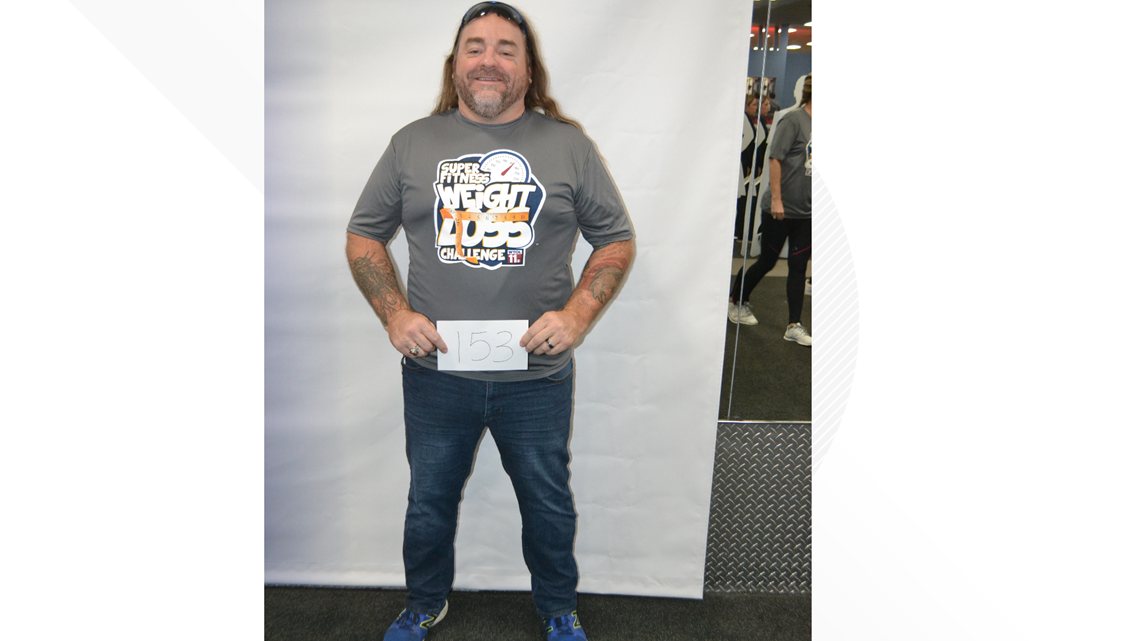

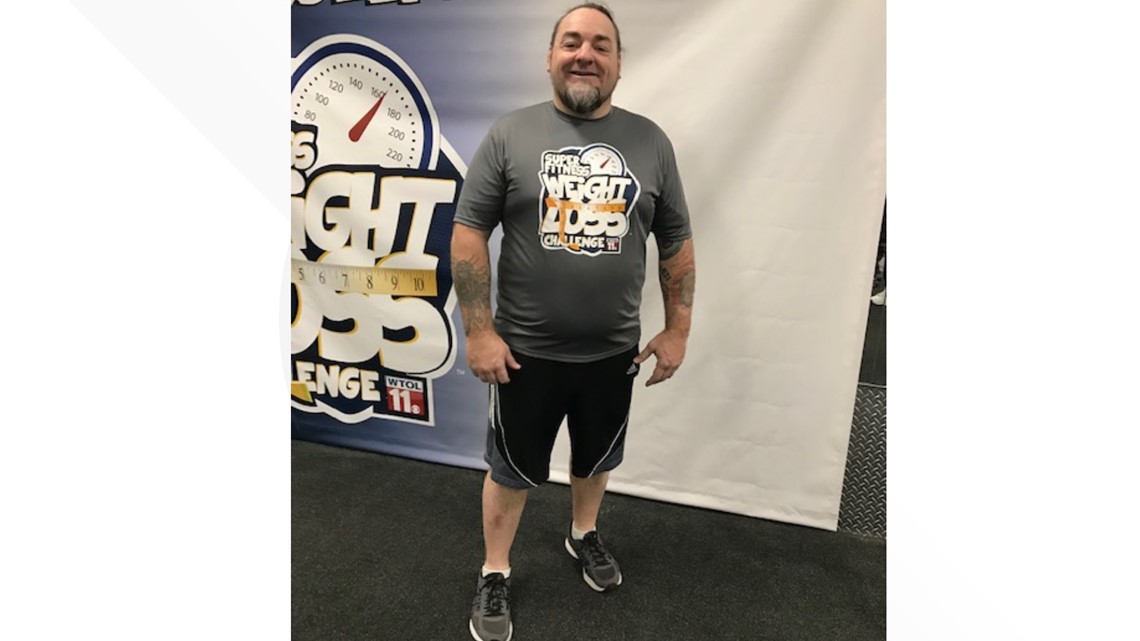
When I entered into recovery from years of substance use, it didn’t take long for me to change my addiction. I quit using drugs and alcohol and four months later I went to Lourdes College. That was in August 2004 and I graduated in May 2008. I then went to the University of Michigan for my master's degree in August 2008 and finished 12 months later. This is a great accomplishment that I am proud of, yet some of my lifestyle choices had not yet been addressed.
Similar to my “using days,” I still was not home much because I was always on the go, sacrificing my relationship with my family and really not taking care of my health. Yes, I was working to better myself, yet at what cost? This is where balance and moderation are key. You need to set not only the long-term goal but the short-term goals that lead you to the prize while still allowing you the ability to assess where you are in the process and determine if changes are needed. This helps you not to get tunnel vision and sacrifice the people and things most important to you.

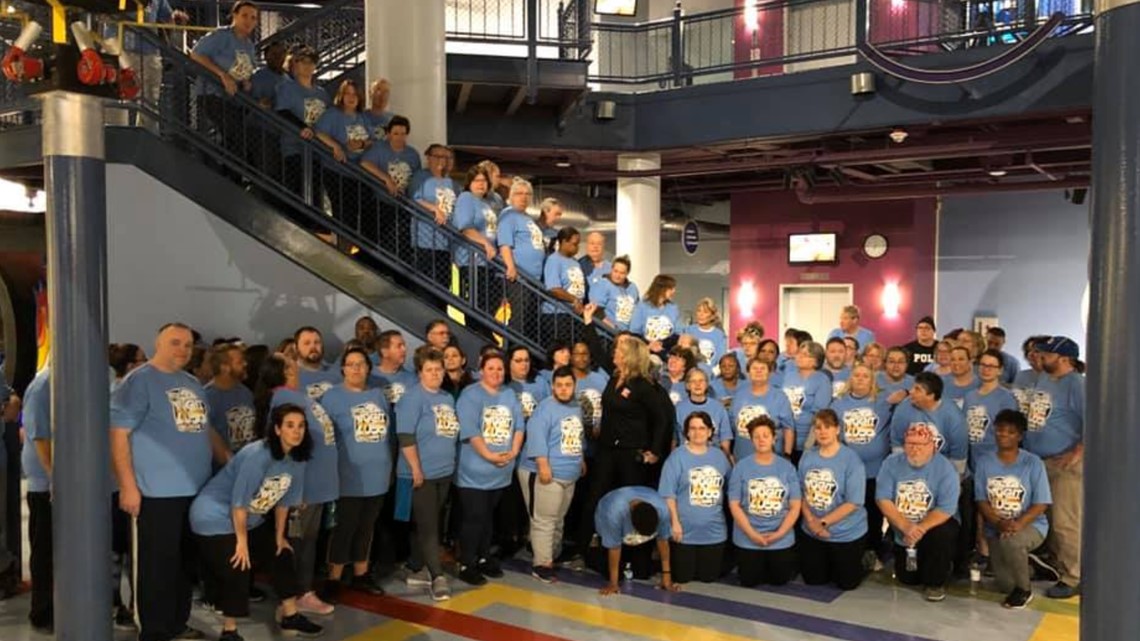
When it comes to working out it’s easy to do as well, especially when your endorphins start flowing and you’re feeling better and like anything else you really like you want more! This is just another rabbit hole one can fall into until life happens and you fall into old habits, more of the all in or all out mentality. It is important to set a schedule and stick to it. Of course it is OK to make changes, yet do your best not to as then it gets to easy to switch around all the time leading one back into those other habits.
People often believe you shouldn’t have to schedule things that are important because you should just already want to be there. In today’s busy lifestyle, you schedule those times for those things and people because they are that important and then you put the other stuff around them. Since most of us have too much on our plate, think of it this way: The people and the things most important are the entrée and the other stuff are the sides. Though those sides can often be so good, they are not the focus of the plate.
Remember: Be open to new experiences and education as it’s better to have too much than not enough.
DIG DEEP & GET UP!!!
~ STREETER
Jeffrey T. Streeter, MSW, LSW


